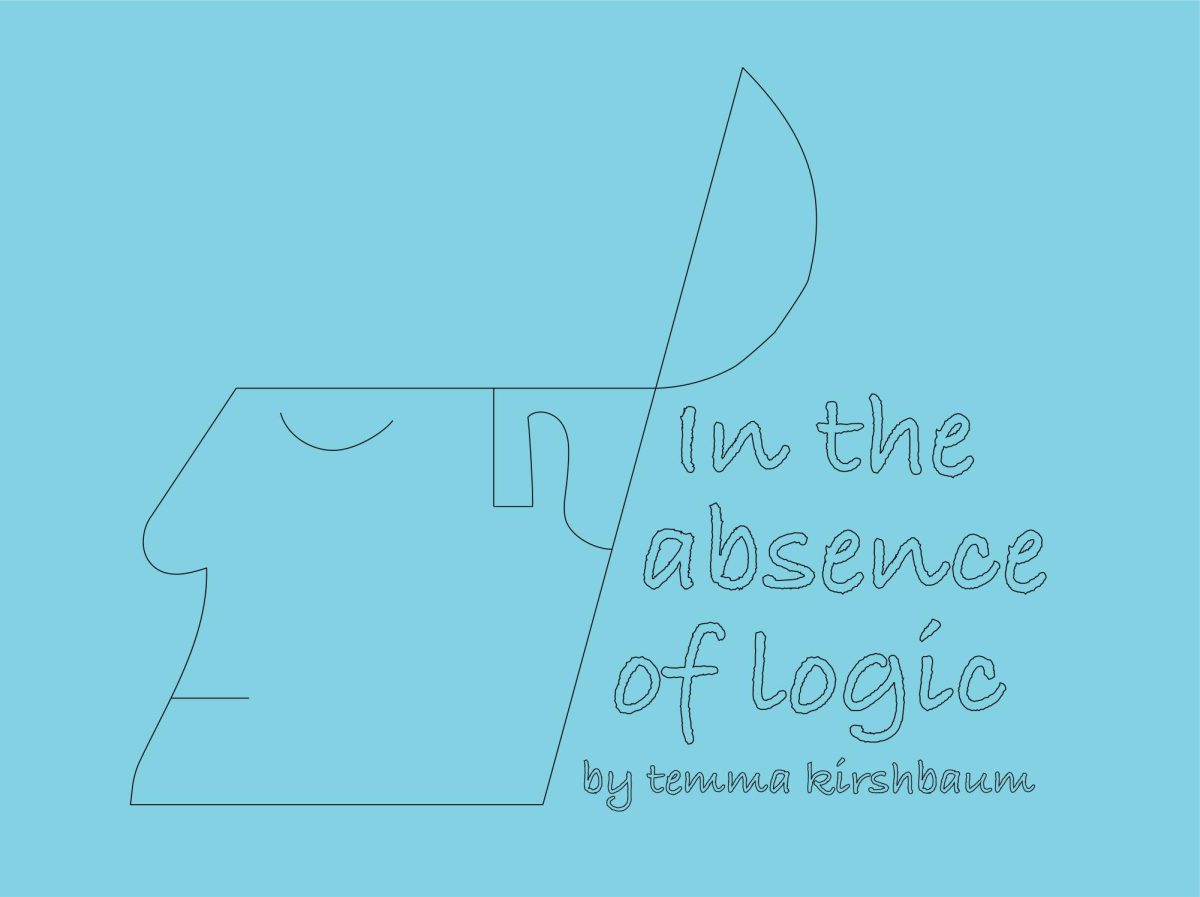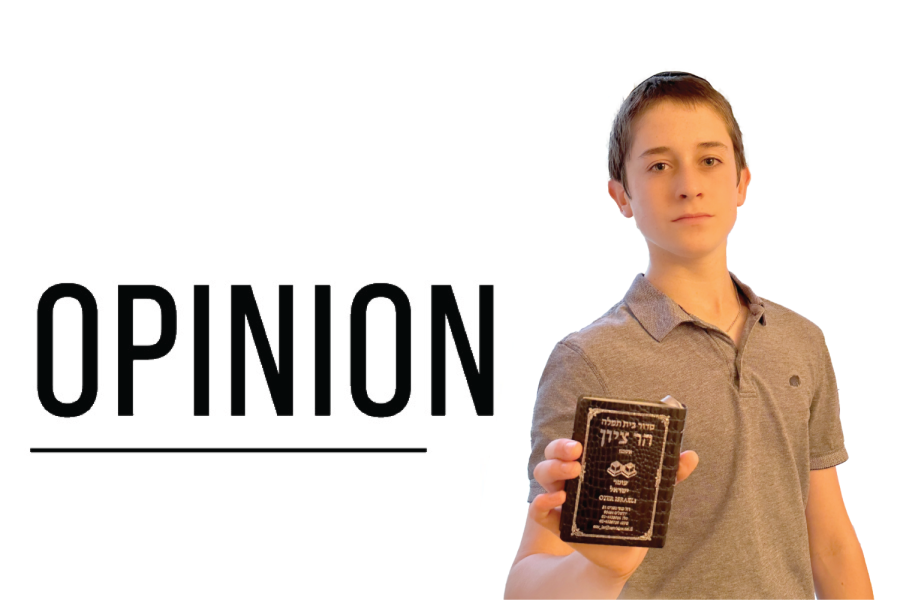What’s the difference between Haredim and other Jews? Trick question: we’re all the same. But somehow, it is not uncommon to find an anti-Haredi sentiment in the Modern Orthodox and non-Orthodox worlds.
This sentiment is most likely derived from the famous – and true – stories of Haredi men spitting at girls they consider to be immodestly dressed or expressing anger at people who drive through their neighborhoods on Shabbat. To some Jews, Haredi becomes synonymous with malevolence, a sect that they don’t want to become the blanket definition of all Jews.
But this stops now. The idea that we can generalize an entire group of people is ludicrous, especially when the collective Jewish people have so suffered at the hands of those who excessively stereotyped.
More than dangerous, it’s simply wrong. We are the people who can fully understand that not all fruit in one tree will become sour. Within the Haredi sect, there are Jews who use repugnant means to express censure, and there are also Haredi who denounce these people. Extensive Boiling Point interviews with Haredim in Los Angeles found a diversity of opinion, but most were strongly against what took place in Bet Shemesh earlier this year.
Compounding the problem, stories about the kindness and philanthropy of Haredi Jews typically aren’t published because the media don’t believe those stories will spark interest. What does spark excitement is a story about a group of Haredi Jews that have thrown stones or spit on little girls. And thus the stereotype is born.
When Jews start to stereotype other Jews, they also forget transgressions that have been committed by their own. Within our Modern Orthodox community we’ve had our share – but Bernie Madoff shouldn’t be allowed to represent all Modern Orthodox Jews. No one wants to be trapped under a blanket of lies.
Haredim that you meet are no different than any other Orthodox Jew—they have some different customs and might observe laws in Judaism differently, but when it comes down to core principles, these we share. Often people can overlook that, wrongly citing anomalies as examples of insurmountable differences.
So now, we have a responsibility placed on us. It’s time to break this stereotype. Step one? Just go out and meet Haredim—confronting stereotypes head-on is the only way to eradicate them.
We can disagree with particular actions, and we should say so, sometimes strongly. We can also highlight our differences in philosophy, and explore them without of feeling superior.
And at the same time, we should watch our own behavior, and be sure that our actions are a credit to Modern Orthodoxy, to Judaism and to humanity — and not something that will spark a stereotype a whole generation might have to work to overcome.






